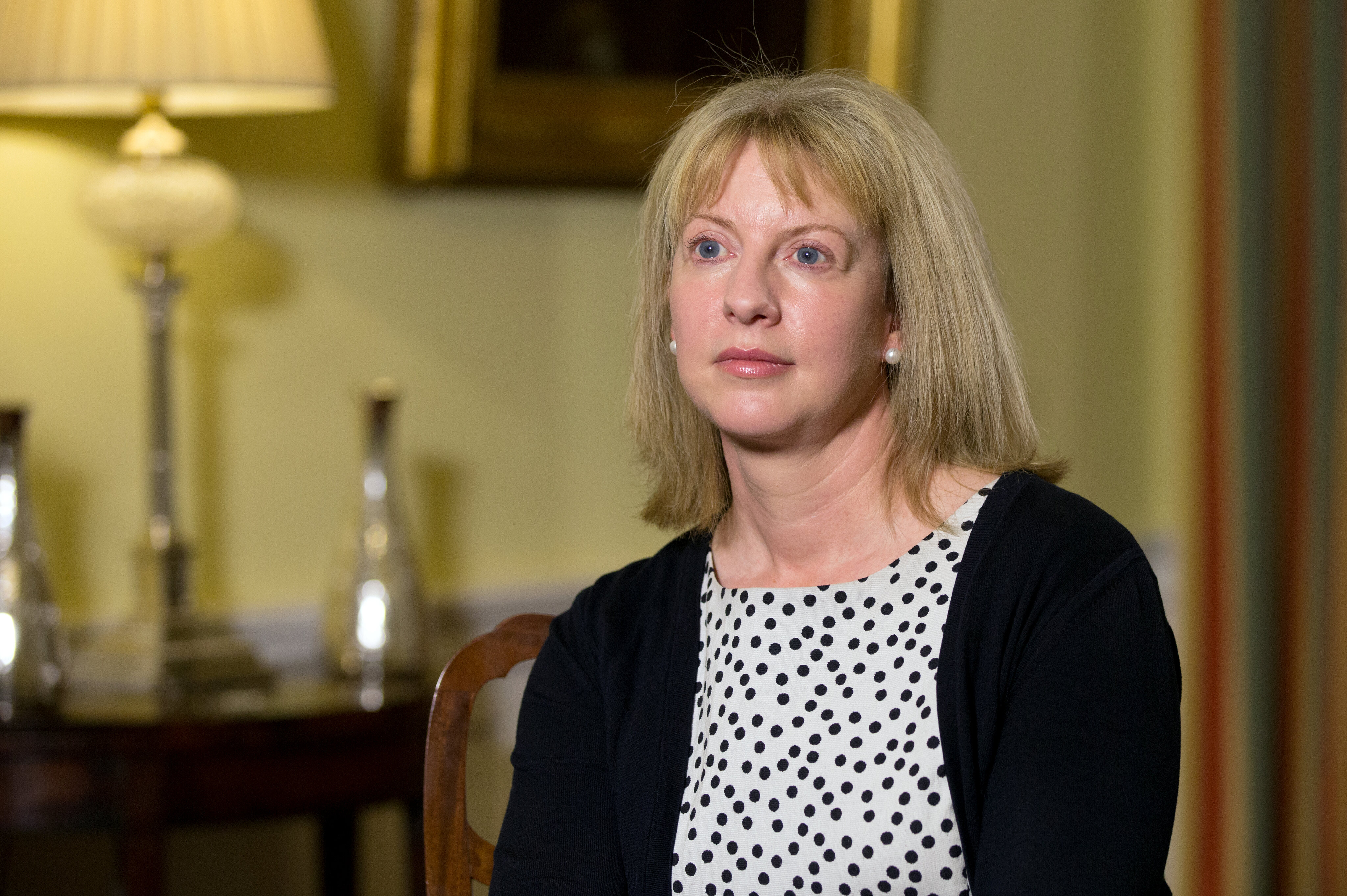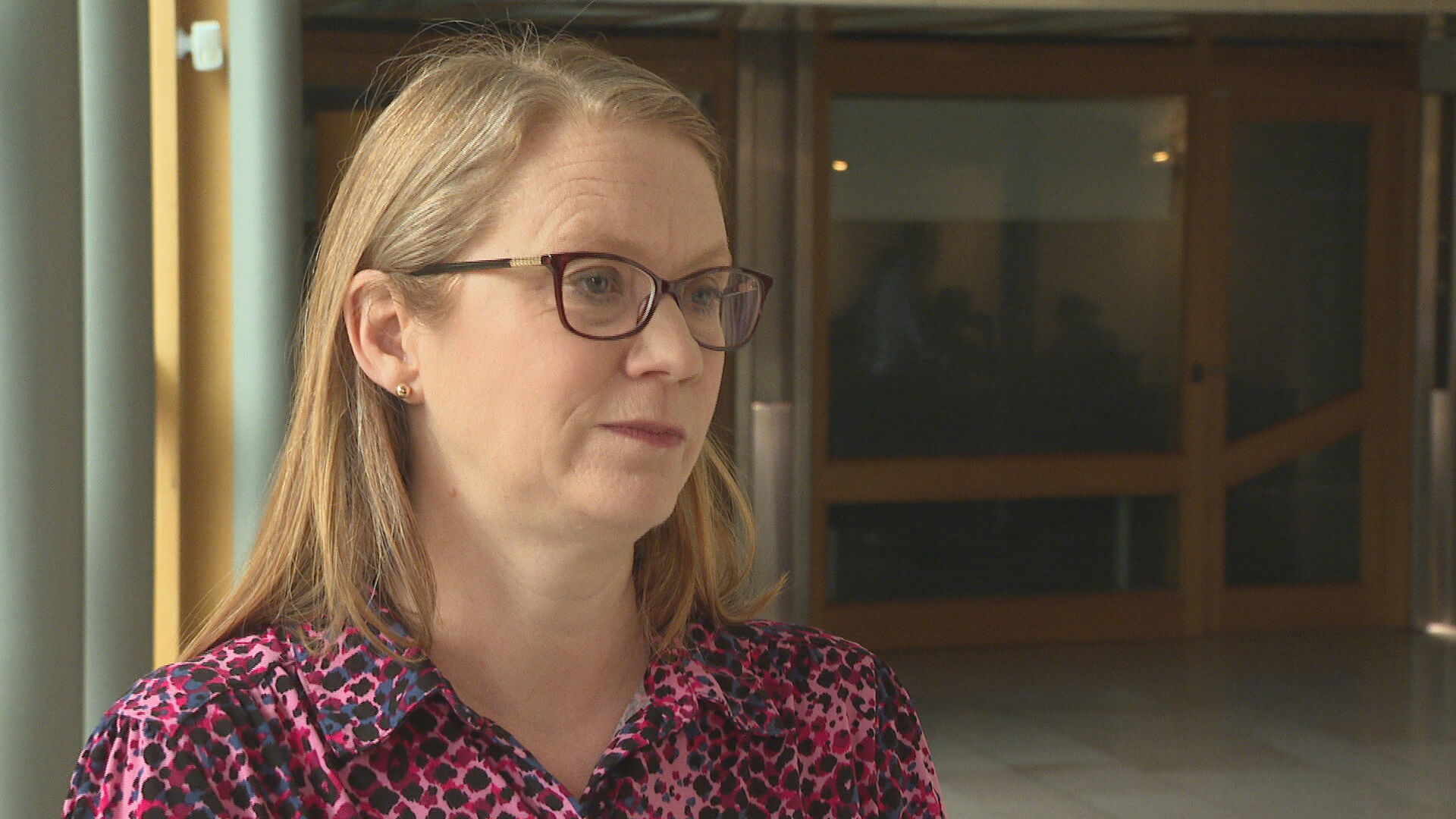The Scottish Government has abandoned plans to appeal a court ruling that upheld the Scottish secretary’s veto of Holyrood’s gender reforms.
Ministers in Edinburgh took the UK Government to court earlier this year after Alister Jack blocked the Gender Recognition Reform (Scotland) Bill from going into law.
The SNP reacted with fury and accused the Tories of undermining devolution with its veto of a bill that passed overwhelmingly in the Scottish Parliament with cross-party support.
But a Court of Session ruling at the start of December found that the Scottish secretary acted lawfully when he overruled MSPs.
What is the Gender Recognition Reform (Scotland) Bill?
-
 The Gender Recognition Reform (Scotland) Bill was legislation designed to make it easier for trans people to change their legally recognised sex
The Gender Recognition Reform (Scotland) Bill was legislation designed to make it easier for trans people to change their legally recognised sex -
 It did that by streamlining the process of obtaining a gender recognition certificate
It did that by streamlining the process of obtaining a gender recognition certificate -
 Under the reforms, the age limit for applications for a gender recognition certificate would be lowered from 18 to 16
Under the reforms, the age limit for applications for a gender recognition certificate would be lowered from 18 to 16 -
 A requirement for a medical report, including a diagnosis of gender dysphoria, would also be dropped
A requirement for a medical report, including a diagnosis of gender dysphoria, would also be dropped -
 In essence, the process would change from a medical one to a one in which someone can ‘self-ID’
In essence, the process would change from a medical one to a one in which someone can ‘self-ID’ -
 It would then become much easier for a person to change their legally recognised sex as the entire process becomes much less arduous
It would then become much easier for a person to change their legally recognised sex as the entire process becomes much less arduous
Announcing the news to the Scottish Parliament, Shirley Anne-Somerville said it is “impossible to see how progress can be made” on the current gender reforms bill.
But she said the bill would not be withdrawn in the hopes that Scottish ministers could work with a future UK Government to get it into law.
“Due to the intransigence of the current UK Government, I’m confident that any repetition of our offer to seek compromise would again be rebuffed,” she told MSPs.
“We will therefore focus on working with an incoming UK government which we hope will have more respect for devolution and is willing to work together, even when sometimes we disagree.”
She added: “If the current UK Government is willing to work together on this, we will happily sit down with them.
“If a future UK Government are willing, we will do so with them, so that the Section 35 [order] could be lifted and the Bill progress.
“It seems clear that the current Government will not do this and it remains to be seen what a future government will do.”
 Scottish Government
Scottish GovernmentThe UK Government, the social justice secretary said, views the Section 35 powers as a “veto” which can be used on legislation they “disagree with”.
“Regardless of people’s views and opinions on gender recognition, that is a very worrying place for our Parliament to be,” she said.
The Section 35 order is a part of the 1998 Scotland Act which gives the UK Government the power to override the Scottish Parliament if it tries to act outwith its devolved powers.
Before the ministerial statement, Holyrood’s presiding officer said deputy first minister Shona Robison had sent a letter of apology after she confirmed the decision the night before it was made in parliament.
“Announcements must be made here first,” Alison Johnstone said.
Campaigners against the reforms believe the legislation could risk the safety of women and girls while supporters argued it would make the process easier, removing barriers such as seeking a doctor’s diagnosis of gender dysphoria.
Somerville said the Scottish Government “will never waver” in its commitment to the rights of transgender people.
“I recognise that many trans people will be disappointed by this decision,” she said.
“To them, I say this: The Scottish Government will never waver in our commitment to your rights.
“You deserve to be respected, included and supported.
“You are not a threat and you will always be able to live your lives free from prejudice and abuse in the type of Scotland we want to see.
“We will continue to work towards a society that is equal and fair and where people can live as they are, just as we will continue to protect the democratic pillars of this, Scotland’s Parliament.”
 STV News
STV NewsScottish Conservative deputy leader Meghan Gallacher MSP said was “beyond frustrating that the SNP are still intent on pursuing their deeply flawed gender self-ID policy”.
She said: “Shirley-Anne Somerville may have accepted that she’d be on a legal hiding to nothing appealing the Court of Session verdict but she also insisted the nationalist coalition will not be withdrawing the Gender Recognition Reform Bill which means it could return to parliament in a different form.
“That will dismay women’s groups and proves that ministers have still not learned the lessons of having squandered time and taxpayers’ money on a doomed legal case.
“Their self-ID policy undermines the rights and safety of women, girls and vulnerable young people.
“Women’s groups were ignored throughout this debate – and they are still being ignored now.”
Follow STV News on WhatsApp
Scan the QR code on your mobile device for all the latest news from around the country




























